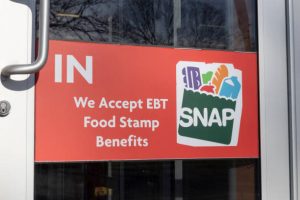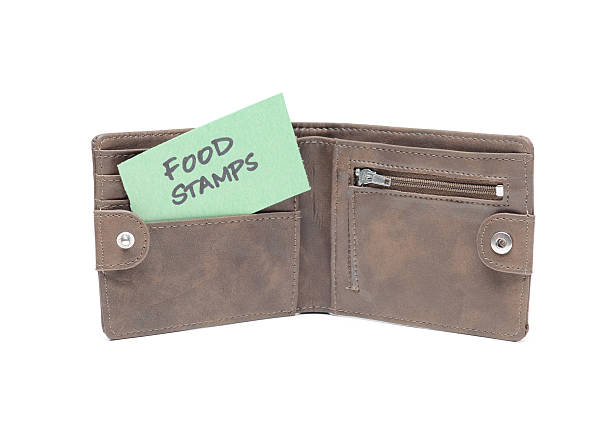The need for the emergency food assistance program has been on the rise this year, according to government data, consumer surveys, and interviews with nonprofit organizations.

(Photo: iStock)
Despite the record for low unemployment, nonprofit groups have said that there is a continuous rise in demand for the emergency food assistance program, as Congress debates for further cuts.
Congressional Republicans have pushed through new restriction to the emergency food assistance program or the Supplemental Nutrition Assistance Program (SNAP) in negotiations earlier this year over the rise on government debt limit. However, some are looking to add further restrictions to the emergency food assistance program and roll back benefit increases as they negotiate a new farm bill before the current legislation will expire on September 30.
The push comes at a time of growing need. The number of Americans that receive emergency food assistance program increased to 42 million as of May. Consumer Spending data from May showed that 47% of households that earn less than $50,000 per year reported to receive emergency food assistance program.
READ ALSO: Regardless Of Insurance Status, Ohioans Can Rest Easy: COVID-19 Vaccines Remain Accessible For All
Contributing to the rising demand of emergency food assistance program are higher food prices, along with the expiration of the Covid-era assistance for food, rent, utilities, and child care, according to Vince Hall.
A key area where the Republicans are pushing for changes is around so-called requirements, until last month, most adults without children and disabilities between 18 years old to 49 had to document at least 80 hours a month of work in order to be able to qualify for more than three months of benefits over a three-year period.
Republican proposals have called for the expansion of age further to 65 years old and eliminating recent work requirement exemptions added in the debt ceiling legislation for veterans, people who are unhoused, and young adults in foster care system. According to the Congressional Budget Office, the changes would eliminate benefits for at least 3 million people.
Among the other changes to emergency food assistance program that Republicans are pushing for is a rollback to an increase in monthly benefit payments put in place by the current administration, which adjusted the calculations for how much it costs for a household to maintain a budget-conscious diet. However, the groups that are working for the recipients of the program stated that the current level of the funding is not enough for some.
READ ALSO: A 77 Year Old Man Who Won The Lottery For $5 Million Bought Watermerlon And Flowers For Wife









